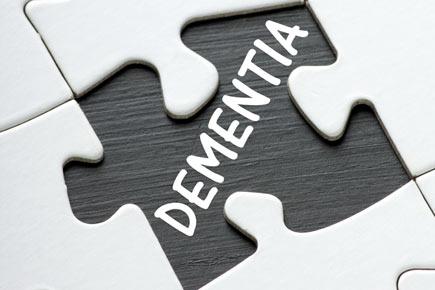Marriage helps both the partners in a wedlock to lead a healthier lifestyle

Want to ward off the risk of old-age problems like memory loss and dementia? Getting hitched may be the right solution, says a study, as the interaction of a loving relationship, helps keep the brain active and reduces the risk by a third.
 Representative picture
Representative picture
The findings, led by Andrew Sommerlad, Professor at the University College London, showed that those who married were more than 30 per cent less likely to suffer from the condition than those who remain single.
This is because marriage helps both the partners in a wedlock to lead a healthier lifestyle, including exercising more, eating a healthy diet, smoking and drinking less, all of which have been associated with the persistence of a reduced risk of dementia. Couples may also have more opportunities for social engagement than single people that further wards off the dementia risk. Conversely, lifelong singletons and widowers were 42 per cent and 20 per cent more likely to develop dementia risk.
It is because they lack proper communication, which boosts the stress levels that further impairs the nerve signalling in the brain and cognitive abilities, the researchers noted. Thus, those who remain unmarried should focus more on education and proper physical health to cut down the risk of dementia, the researchers said. In the study, published in the Journal of Neurology Neurosurgery and Psychiatry, the team examined over 800,000 people, both married and unmarried.
 Subscribe today by clicking the link and stay updated with the latest news!" Click here!
Subscribe today by clicking the link and stay updated with the latest news!" Click here!







